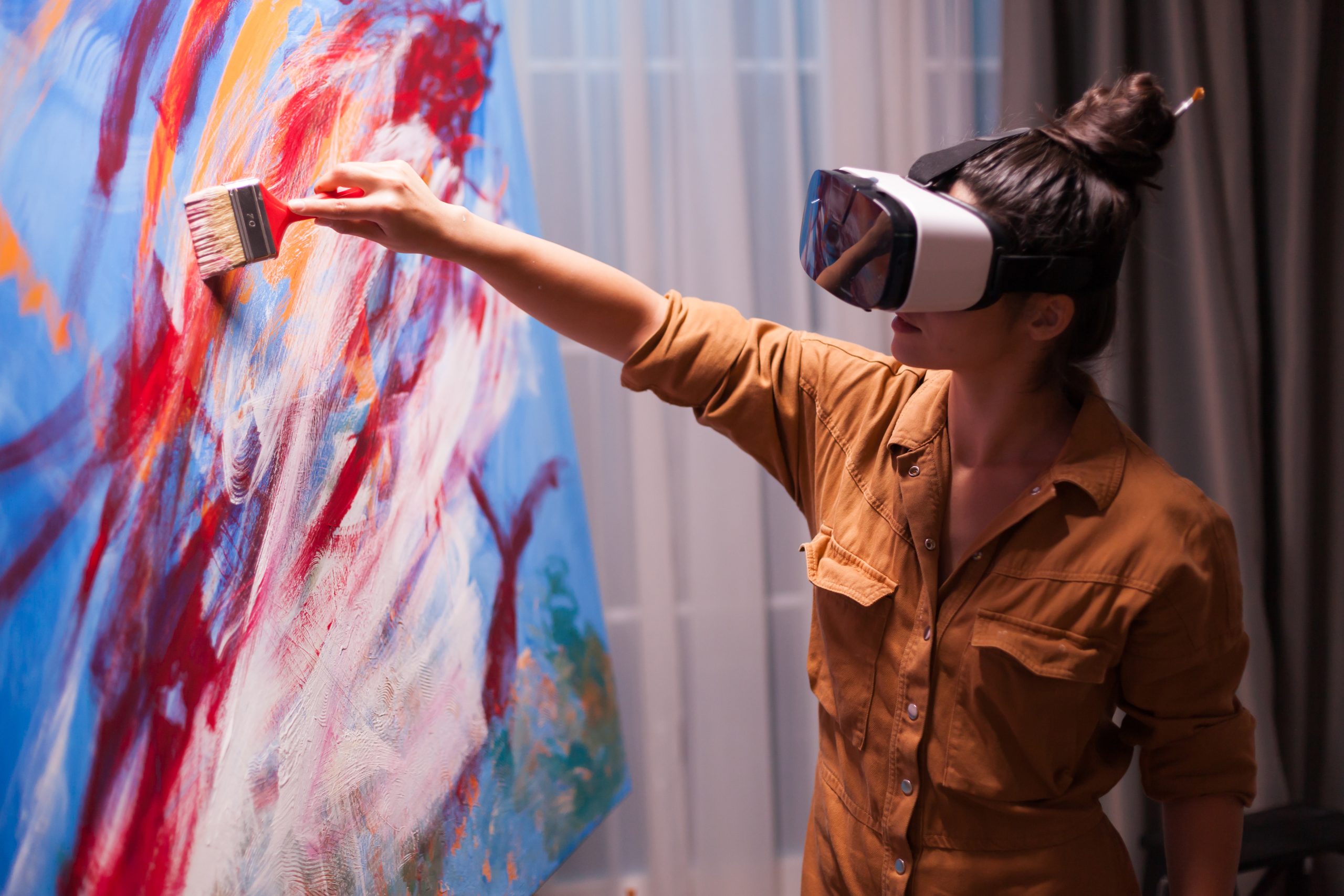
Digitalization continues to transform society, culture and art as a process that has been advancing rapidly in recent years. With the increasing impact of digital technologies, both individual lives and collective cultures are undergoing a profound change. This change covers a wide range from the art world to social habits.
1. Digitalization and Its Impact on Society
One of the biggest impacts of digitalization on society is the radical change in the ways of communication. Social media platforms have made it significantly easier for people to access information and interact with each other. Social interactions that used to be limited to physical environments and face-to-face meetings can now take place on a global scale within seconds.
In this age of rapid communication, people are also reshaping the way they express themselves. Thanks to blogs, podcasts, video content and social media posts, individuals have the opportunity to communicate their ideas to large audiences. This allows social movements, political discourses and cultural transformations to spread faster. For example, social movements organized through digital platforms can lead to major social changes in a short period of time.
2. Digitalization in the Art World
One of the most obvious effects of digitalization is manifested in art. While traditional art forms are moving to digital platforms, brand new artistic approaches are emerging at the same time. Digital art interacts with virtual reality (VR) and augmented reality (AR) technologies, offering audiences different experiences.
Art galleries and museums are going beyond physical spaces and organizing virtual exhibitions in digital environments. This allows art to reach a wider audience. In addition, digital platforms offer artists the opportunity to work more independently, making it easier for them to bring their work to a global audience. For example, NFT (Non-Fungible Token) technology has revolutionized the art world by making digital artworks unique and ownable.
3. Cultural Transformation: The Role of Digital Platforms
Digitalization has profoundly affected the way cultural content is produced and consumed. Art forms such as music, cinema and literature can now be consumed more easily and quickly through digital platforms. Platforms such as Spotify, Netflix and YouTube have radically changed the way individuals access cultural content. What used to require the purchase of a physical album or movie is now accessible worldwide with a few clicks.
Moreover, digital platforms have created new cultural forms. For example, digital games are recognized as both a form of art and a huge entertainment industry. The content created by individuals in virtual worlds is both a work of art and a form of social expression.
4. Changing Social Habits
Digitalization has significantly changed the habits of individuals. Cultural activities such as book reading habits and following newspapers and magazines now mostly take place on digital devices. E-books, digital libraries and online magazines are replacing physical books and printed materials. At the same time, education and learning processes are also evolving with digitalization. Online education platforms and digital course content offer flexible and accessible learning opportunities for both students and adults.
5. Digitalization and the Future of Art
As the impact of digitalization on art and culture continues at a rapid pace, these processes are creating major changes in the creative industries. Artists are creating works intertwined with technology, while audiences are demanding more interactive and personalized experiences. Innovations such as VR exhibitions, digital auctions and NFT sales will play an important role in the future of the art world.
Digitalization has become a major force transforming society, culture and the arts. This process, which makes its impact felt in every field from communication styles to cultural production and consumption habits, also offers new opportunities and creative paths. At the point where technology meets art, the boundaries of cultural production are expanding and the doors of a new creative era are opening.
Understanding the effects of digitalization correctly and making the most of this transformation is of great importance for the artists, social actors and consumers of the future.
